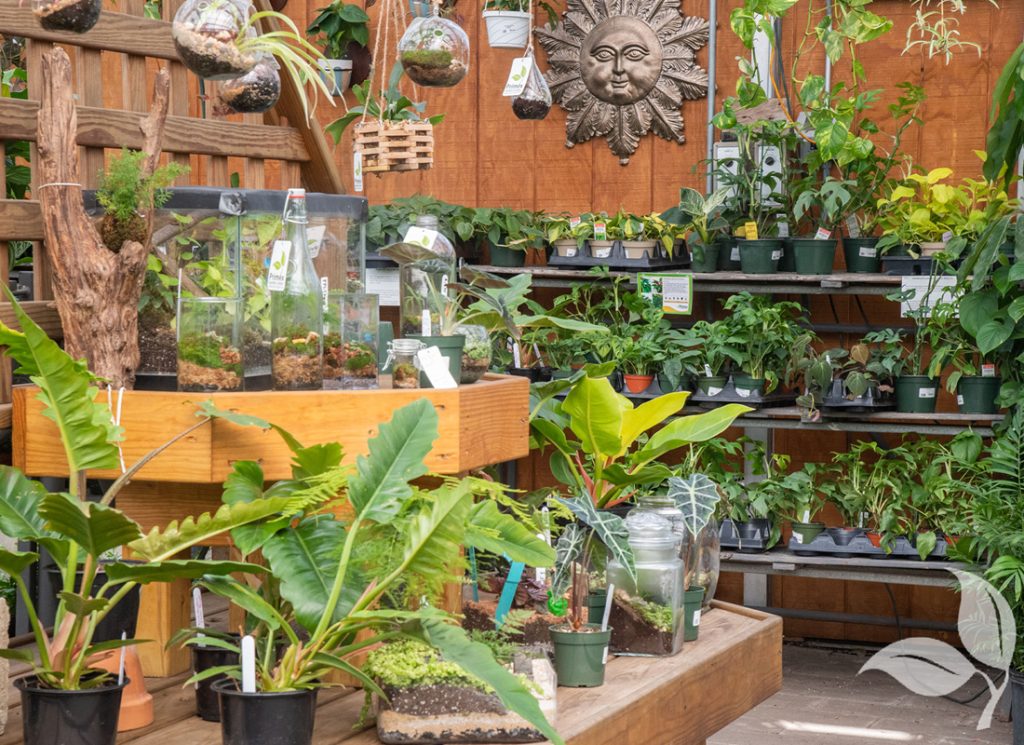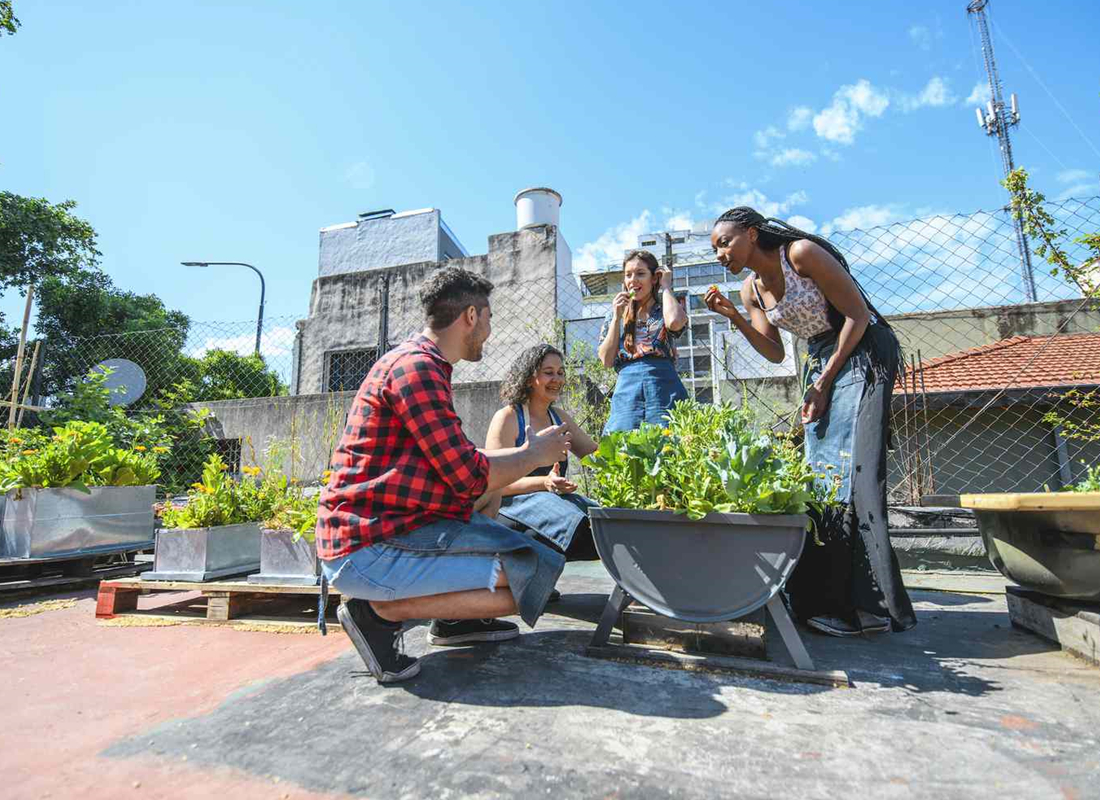Gardening provides an opportunity for physical activity, which is essential for mental wellbeing. Whether planting, weeding, or watering, these activities can serve as a form of exercise that releases endorphins, the body’s natural mood enhancers. Regular physical activity is linked to improved mental health, making gardening an enjoyable way to stay active. Furthermore, the rhythmic nature of gardening tasks can promote mindfulness, encouraging individuals to focus on the present moment rather than worrying about the past or future. This mindfulness can lead to a greater appreciation of the small joys in life, helping to cultivate a more positive outlook.
The sensory experience of a garden can also uplift mood. The vibrant colors of flowers, the soothing sounds of rustling leaves, and the delightful scents of herbs and blooms can stimulate the senses and evoke positive emotions. Engaging with these sensory elements can create a joyful atmosphere, encouraging individuals to spend more time outdoors. This connection to nature not only enhances mood but also fosters creativity and inspiration, allowing individuals to express themselves through their gardening choices. The act of creating a beautiful space can also serve as a form of self-expression, further contributing to emotional wellbeing.

Additionally, home gardens can instill a sense of purpose and accomplishment. Watching plants grow and thrive can provide a rewarding experience that boosts self-esteem. The act of nurturing living things can create a sense of responsibility and connection, reminding individuals of their ability to create positive change in their environment. This sense of achievement can translate into other areas of life, fostering a more optimistic outlook. The process of setting goals in the garden, such as growing a specific type of vegetable or flower, can provide motivation and a sense of direction.
Social interaction is another significant benefit of home gardens. They can serve as gathering spaces for friends and family, promoting connections and shared experiences. Gardening can be a collaborative effort, allowing individuals to bond over shared tasks and the joy of growing food together. This social aspect can mitigate feelings of isolation and loneliness, which are increasingly common in modern society. Hosting gatherings or sharing produce with neighbors can strengthen community ties and enhance overall wellbeing. Engaging with others in the garden can also lead to the exchange of gardening tips and ideas, fostering a sense of community.
Incorporating elements that attract wildlife, such as bird feeders or butterfly gardens, can further enrich the experience of having a home garden. Observing birds and insects can foster a deeper connection to nature, promoting feelings of joy and wonder. This connection can inspire individuals to learn more about the environment and engage in sustainable practices, further enhancing the positive impact of their garden on mental health. The presence of wildlife can also create a dynamic and ever-changing landscape, adding to the beauty and enjoyment of the garden.
Moreover, the therapeutic benefits of gardening can extend beyond individual wellbeing. Community gardens can serve as a source of fresh produce for those in need, promoting food security and collective resilience. By participating in community gardening efforts, individuals can contribute to a greater cause while also reaping the mental health benefits associated with gardening. This sense of community involvement can enhance feelings of belonging and purpose, further supporting mental health.
The multifaceted benefits of home gardens for mental health are undeniable. From reducing stress and promoting physical activity to fostering social connections and enhancing creativity, the positive impacts are far-reaching. By creating and nurturing a home garden, individuals can cultivate not only plants but also a healthier, happier state of mind. Engaging with nature in this way offers a holistic approach to mental wellbeing, making home gardens essential for those seeking to improve their quality of life.

